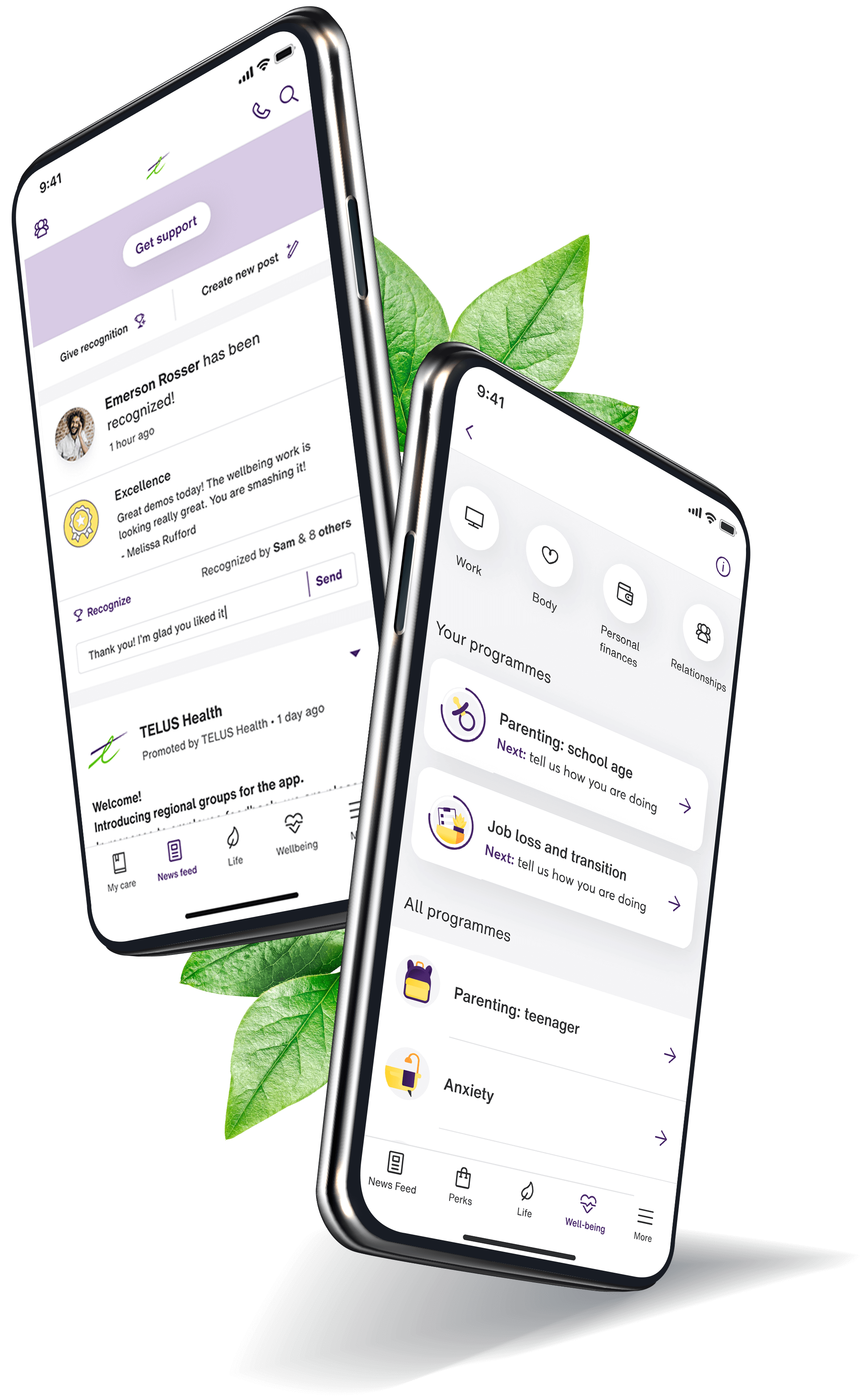Coping with the aftereffects of a traumatic event
A traumatic event can have a significant psychological impact that may be overwhelming for an individual to cope with. Such an event can leave a person with a fear of death or severe injury and feeling overwhelmed emotionally, physically, and mentally.
There are different types of trauma:
- Acute trauma occurs after a single incident such as a car accident, natural disaster, or a physical assault.
- Chronic trauma develops after prolonged exposure to extremely stressful events, such as domestic violence or abuse.
- Complex trauma is the result of multiple traumatic events commonly in the form of interpersonal abuse, such as childhood abuse or neglect.
- Vicarious trauma can occur after experiencing a trauma via another person, such as a therapist working with trauma survivors or first responders being exposed to the acute trauma of others.
- Developmental trauma can overlap with complex trauma as it occurs due to abuse in a child’s development, however, it focuses on the developmental disruptions that result.
Previous trauma may influence how you respond to and cope with the after-effects of a traumatic event. For example, if you have experienced complex trauma, your reserves to deal with a traumatic event may be depleted or your resilience may be low.
Understanding possible reactions to trauma
Recognising the typical reactions to traumatic events is the first step in coping with their aftermath. The following information will help you understand the reactions you may encounter and includes strategies to help you get through this challenging period.
Many people experience the following or similar effects after a traumatic event:
- developing unexpected fears of strangers
- dreaming about the event
- being hyperaware of your immediate environment
- being overprotective of yourself and others
- experiencing flashbacks or panic attacks
Other common reactions may include:
- feeling exhausted for no particular reason
- experiencing difficult or broken sleep patterns
- lacking energy for normal activities
- having difficulty remembering or concentrating on everyday tasks
- feeling that the normal demands of work and home are overwhelming
- becoming easily irritated by little things, like noise
- abusing alcohol or drugs, particularly in reaction to difficult emotions or for help in falling asleep
The stages following a traumatic experience often include:
- Immediately after the experience, you are likely to be in shock, experiencing numbness and feeling out of touch with reality.
- You may become fearful and feel exhausted. This may last a few days or up to a week.
- After a while, you may believe you have mastered your feelings but later find that the same early emotions keep returning from time to time. Some people describe this as feeling as though they are on an emotional roller coaster.
- Gradually, feelings of fear decrease in intensity and return less frequently. You become detached from the event and begin to feel you are coping well.
Learning to cope
After experiencing trauma, it is important to prioritise self-care. Do your best to:
- Engage in activities you enjoy.
- Spend time with good friends and loved ones.
- Eat healthy food.
- Get plenty of rest.
- Exercise regularly.
- Listen to your body's needs.
- Be aware that excessive alcohol or drug use can make you feel worse.
- Talk to others who have experienced a similar event.
- Reach out to spiritual leaders and your GP for support.
- Talk about your feelings with your family and friends.
- Connect with a therapist if you are struggling with your feelings.
Remember, everyone is different, and this is just a guideline of what you might feel and experience. Past experiences of trauma will also influence how you respond to a traumatic event.
While the healing process after a traumatic experience can be intense or frightening, with time and care, most people are able to rebuild healthy lives.


